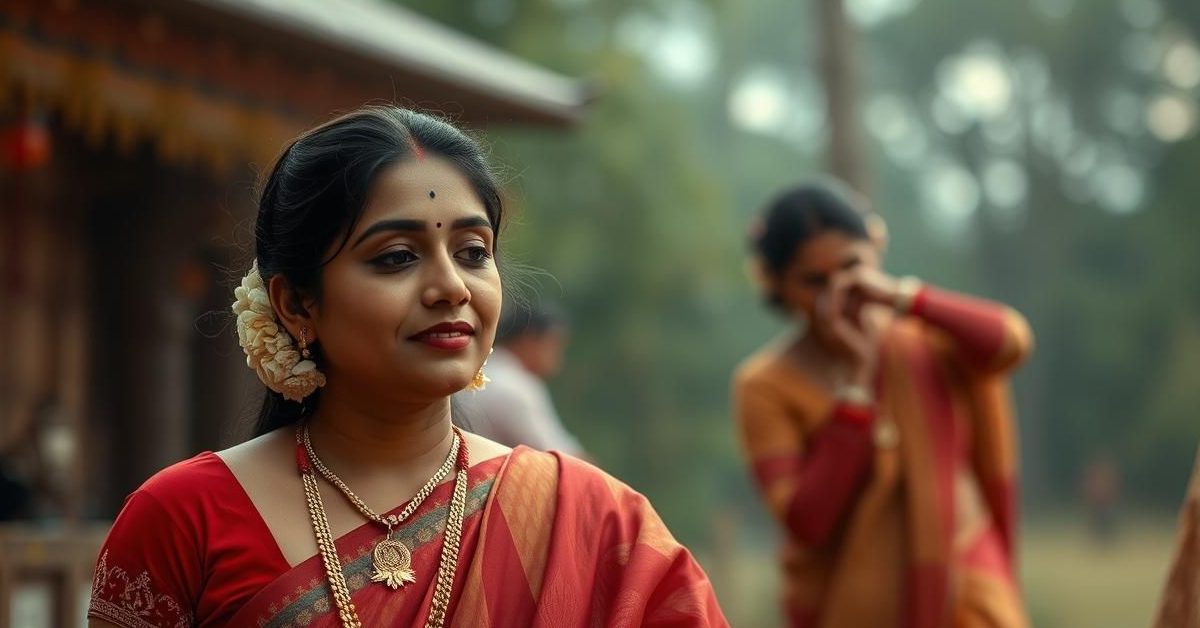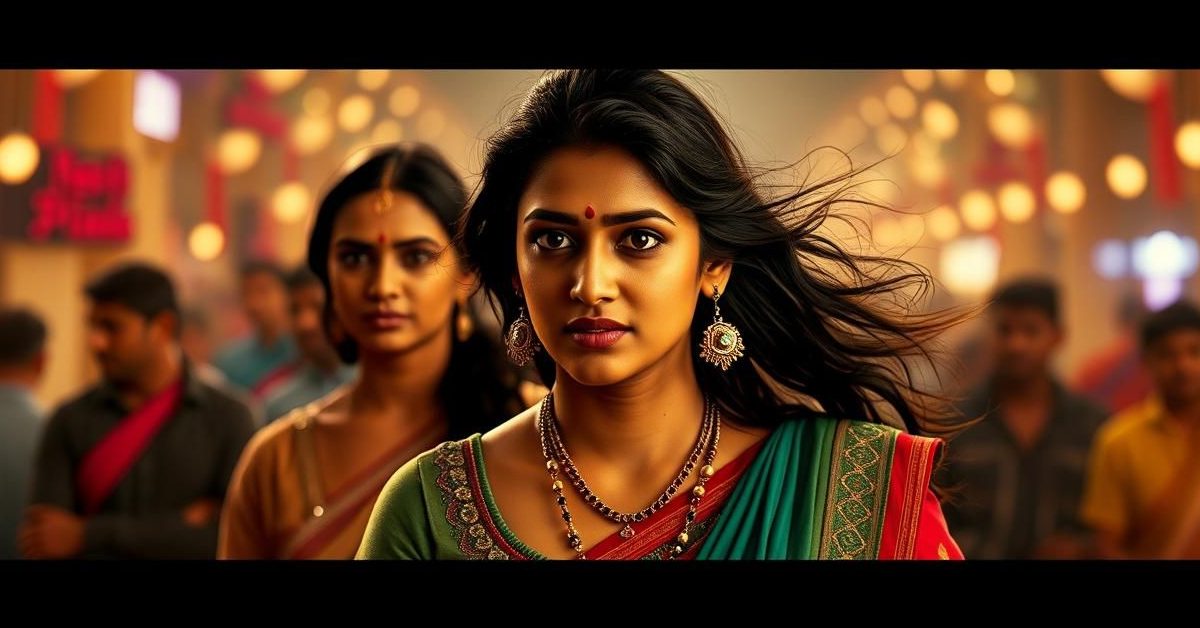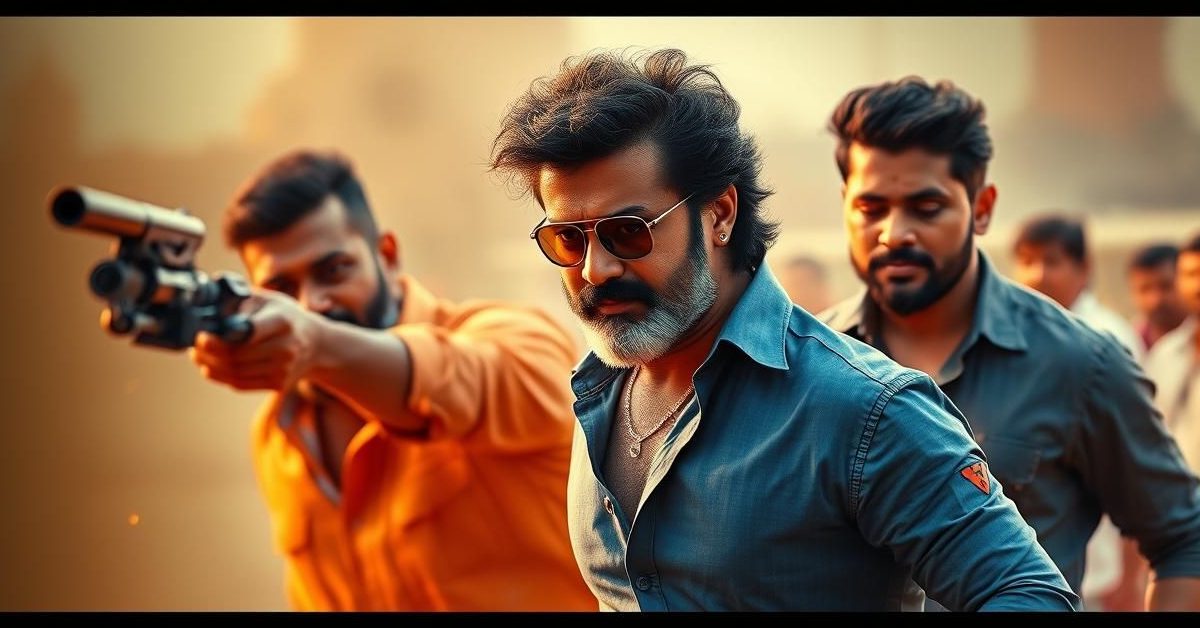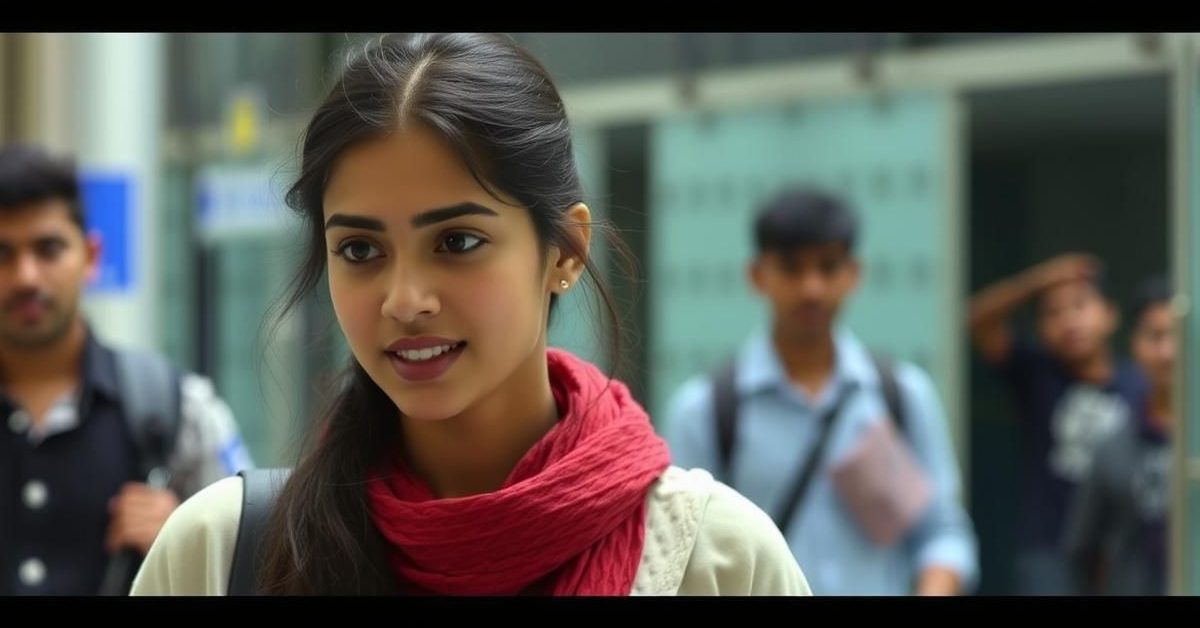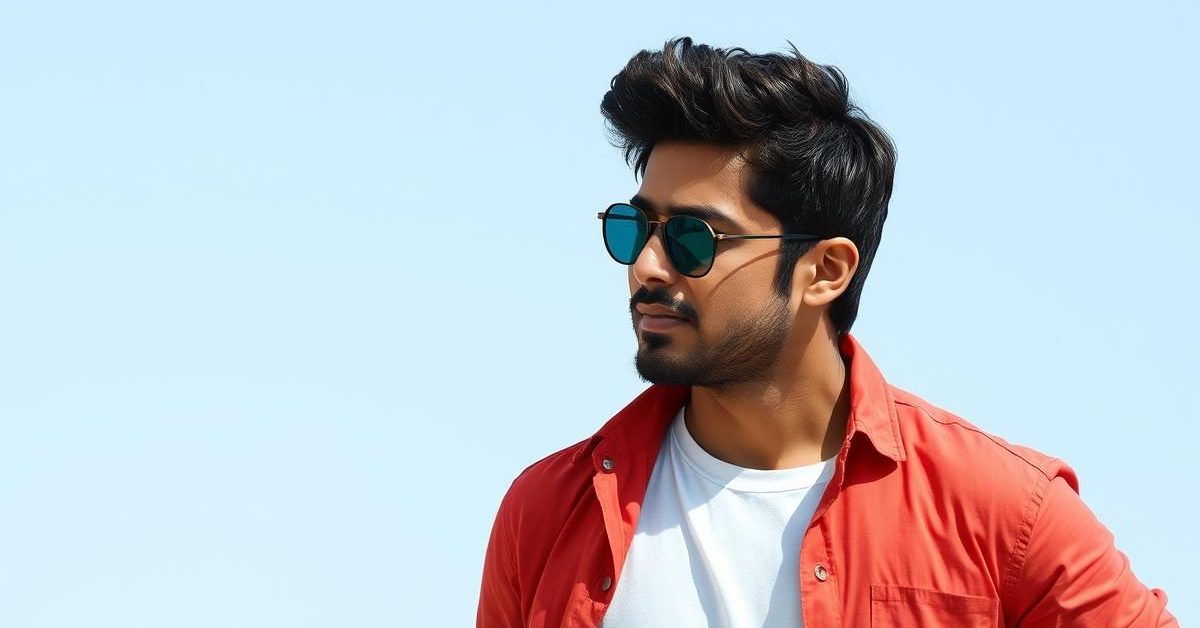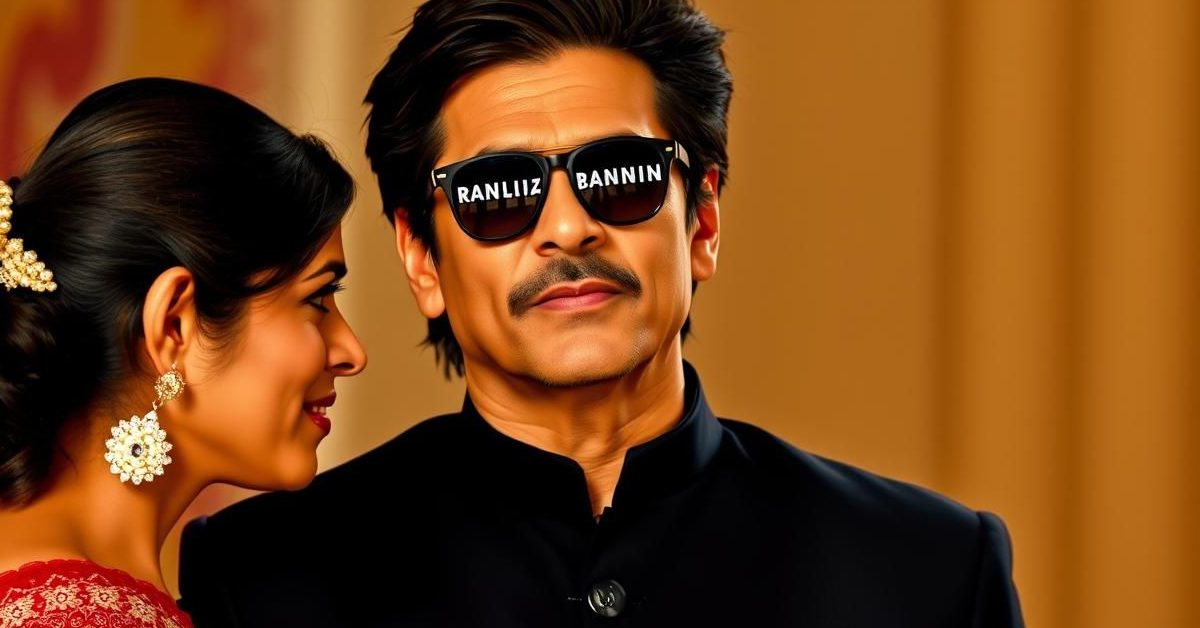Singer Sona Mohapatra has ignited a fresh controversy, calling the popular 2002 ‘Kaanta Laga’ remix video “smutty” and criticizing its directors for “misplaced retirement” after actor Shefali Jariwala’s recent passing.
The Enduring Legacy of ‘Kaanta Laga’
The original ‘Kaanta Laga’ song first graced screens in 1972, featuring in Prakash Mehra’s film ‘Samadhi’. This timeless track was a collaborative masterpiece by musical legends: composer RD Burman, lyricist Majrooh Sultanpuri, and singer Lata Mangeshkar.
Decades later, in 2002, T-Series revived the song with a remix for their album ‘DJ Doll’. The accompanying music video starred a young Shefali Jariwala, quickly catapulting her to fame as the “Kaanta Laga girl.”
Directors Announce Song’s Retirement
Following the untimely demise of Shefali Jariwala on June 27, the directors of the iconic remix video, Vinay Sapru and Radhika Rao, made a significant announcement. They declared their decision to officially “retire” the song forever, stating it would never be remade or sequelized, to honor Shefali’s legacy.
They shared a heartfelt message, stating, “You Always Said You Wanted To Be The One And Only ‘Kaanta Laga’ Girl. So We Never Made A Sequel — And We Never Will. We’re Retiring ‘Kaanta Laga’ Forever. It Was Always Yours. It Will Always Be Yours… Shefali…RIP…”
Sona Mohapatra’s Fiery Condemnation
This announcement, however, did not sit well with singer Sona Mohapatra. Taking to her Instagram Stories, Sona sharply criticized the directors’ move, labeling it a “misplaced retirement” and a bid for “PR out of a death.”
She emphasized that the original song was created by “3 legends: Composer, lyricist and singer; RD Burman, Majroon Sultanpuri, Lata Mangeshkar.” Sona argued that the remix directors “only created a smutty video with a remix with a 19 year old,” implying they didn’t have the right to “retire” a song whose true legacy belonged to its original creators.
Public Reaction and Sona’s Clarification
Sona Mohapatra’s strong words drew considerable backlash online, with many users on platforms like Reddit deeming her comments “unnecessary and insensitive,” especially in light of Shefali Jariwala’s recent passing. Critics questioned her tone, particularly the phrase “RIP and all for the 42 year old lady,” suggesting a lack of empathy.
Responding to the widespread criticism, Sona doubled down on her stance. She clarified that her concern was primarily for the original musical legends and their contributions. “Are we okay with RD Burman, Lata Mangeshkar, Majrooh Sultanpuri… legends of our musical heritage fading and getting disconnected from their own creations?” she questioned. She further challenged the notion of “paid PR to milk someone’s death” and the directors calling themselves the “makers” of ‘Kaanta Laga’ when they only created a remix video.
The Directors’ Vision and Shefali’s Discovery
Vinay Sapru and Radhika Rao had previously shared the serendipitous story of discovering Shefali Jariwala. They described looking for a “doll-like” girl for the video when they spotted Shefali on a scooter in Mumbai. Her “Snow White” complexion and innocence immediately caught their eye.
They approached her and invited her for auditions. Shefali, then an engineering student, accepted the offer, leading to her iconic role in the ‘Kaanta Laga’ remix that defined a significant part of her career.
- Sona Mohapatra criticized the ‘Kaanta Laga’ remix video as “smutty” and called the directors’ “retirement” of the song a PR stunt.
- She argued that the true legacy of ‘Kaanta Laga’ belongs to its original creators: RD Burman, Majrooh Sultanpuri, and Lata Mangeshkar.
- The directors, Vinay Sapru and Radhika Rao, announced the song’s retirement to honor late actor Shefali Jariwala, who starred in the 2002 remix.
- Sona’s comments sparked significant backlash online, prompting her to clarify her focus on preserving the heritage of original music legends.
The debate highlights the complex relationship between original artistic creations, their remixes, and the public perception of ownership and tribute in the entertainment industry.
Singer Sona Mohapatra has ignited a fresh controversy, calling the popular 2002 ‘Kaanta Laga’ remix video “smutty” and criticizing its directors for “misplaced retirement” after actor Shefali Jariwala’s recent passing.
The Enduring Legacy of ‘Kaanta Laga’
The original ‘Kaanta Laga’ song first graced screens in 1972, featuring in Prakash Mehra’s film ‘Samadhi’. This timeless track was a collaborative masterpiece by musical legends: composer RD Burman, lyricist Majrooh Sultanpuri, and singer Lata Mangeshkar.
Decades later, in 2002, T-Series revived the song with a remix for their album ‘DJ Doll’. The accompanying music video starred a young Shefali Jariwala, quickly catapulting her to fame as the “Kaanta Laga girl.”
Directors Announce Song’s Retirement
Following the untimely demise of Shefali Jariwala on June 27, the directors of the iconic remix video, Vinay Sapru and Radhika Rao, made a significant announcement. They declared their decision to officially “retire” the song forever, stating it would never be remade or sequelized, to honor Shefali’s legacy.
They shared a heartfelt message, stating, “You Always Said You Wanted To Be The One And Only ‘Kaanta Laga’ Girl. So We Never Made A Sequel — And We Never Will. We’re Retiring ‘Kaanta Laga’ Forever. It Was Always Yours. It Will Always Be Yours… Shefali…RIP…”
Sona Mohapatra’s Fiery Condemnation
This announcement, however, did not sit well with singer Sona Mohapatra. Taking to her Instagram Stories, Sona sharply criticized the directors’ move, labeling it a “misplaced retirement” and a bid for “PR out of a death.”
She emphasized that the original song was created by “3 legends: Composer, lyricist and singer; RD Burman, Majroon Sultanpuri, Lata Mangeshkar.” Sona argued that the remix directors “only created a smutty video with a remix with a 19 year old,” implying they didn’t have the right to “retire” a song whose true legacy belonged to its original creators.
Public Reaction and Sona’s Clarification
Sona Mohapatra’s strong words drew considerable backlash online, with many users on platforms like Reddit deeming her comments “unnecessary and insensitive,” especially in light of Shefali Jariwala’s recent passing. Critics questioned her tone, particularly the phrase “RIP and all for the 42 year old lady,” suggesting a lack of empathy.
Responding to the widespread criticism, Sona doubled down on her stance. She clarified that her concern was primarily for the original musical legends and their contributions. “Are we okay with RD Burman, Lata Mangeshkar, Majrooh Sultanpuri… legends of our musical heritage fading and getting disconnected from their own creations?” she questioned. She further challenged the notion of “paid PR to milk someone’s death” and the directors calling themselves the “makers” of ‘Kaanta Laga’ when they only created a remix video.
The Directors’ Vision and Shefali’s Discovery
Vinay Sapru and Radhika Rao had previously shared the serendipitous story of discovering Shefali Jariwala. They described looking for a “doll-like” girl for the video when they spotted Shefali on a scooter in Mumbai. Her “Snow White” complexion and innocence immediately caught their eye.
They approached her and invited her for auditions. Shefali, then an engineering student, accepted the offer, leading to her iconic role in the ‘Kaanta Laga’ remix that defined a significant part of her career.
- Sona Mohapatra criticized the ‘Kaanta Laga’ remix video as “smutty” and called the directors’ “retirement” of the song a PR stunt.
- She argued that the true legacy of ‘Kaanta Laga’ belongs to its original creators: RD Burman, Majrooh Sultanpuri, and Lata Mangeshkar.
- The directors, Vinay Sapru and Radhika Rao, announced the song’s retirement to honor late actor Shefali Jariwala, who starred in the 2002 remix.
- Sona’s comments sparked significant backlash online, prompting her to clarify her focus on preserving the heritage of original music legends.
The debate highlights the complex relationship between original artistic creations, their remixes, and the public perception of ownership and tribute in the entertainment industry.
